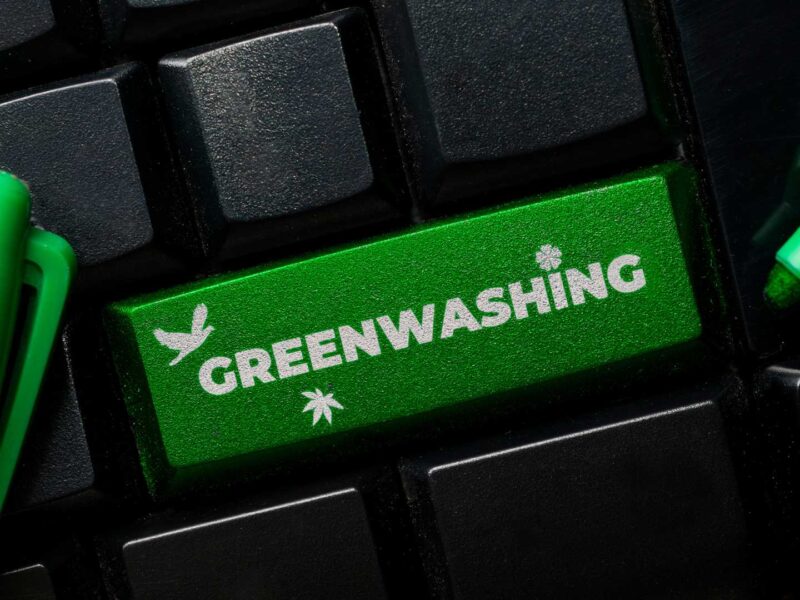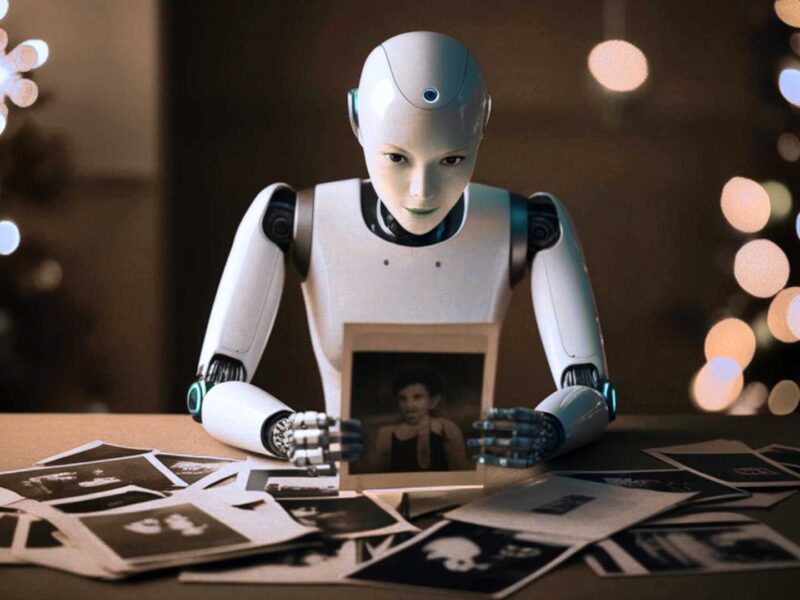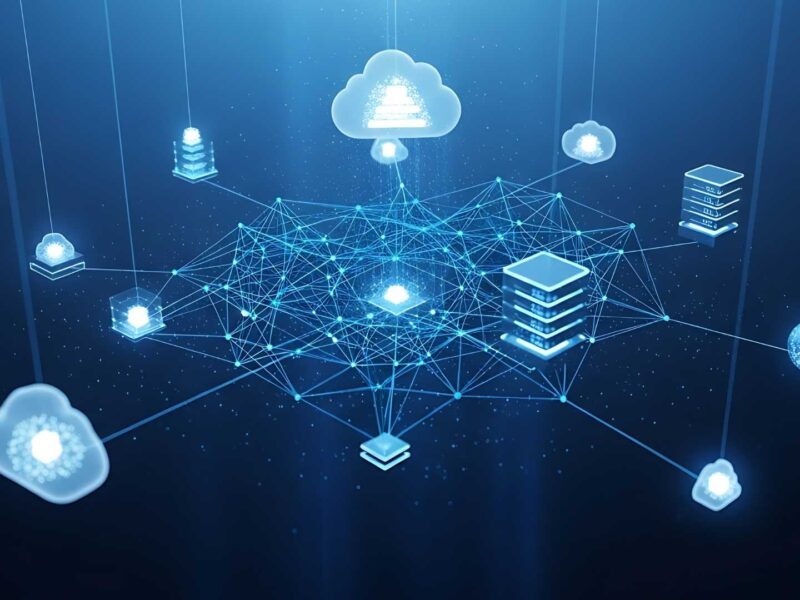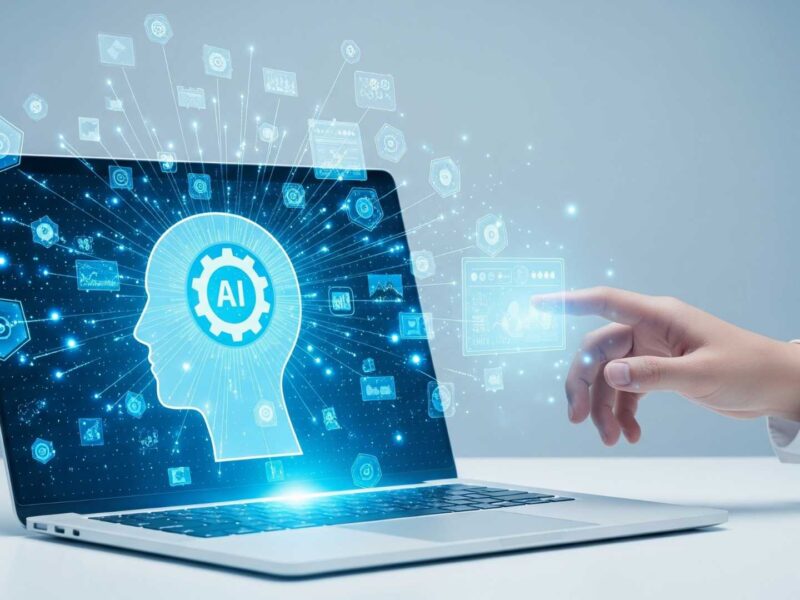The Future is Now: Tech Leaders with Predictions and Changes We Need in 2025
2025 holds the potential to be a pivotal year for the tech industry. But what specific changes does the industry need to make to unlock that potential?
We asked a group of prominent tech leaders to share their visions for 2025, focusing not just on what they want to see change, but why.
Their answers reveal a deep understanding of the challenges and opportunities that lie ahead, highlighting the crucial motivations behind their desired transformations.
Read on!
Strategic Foresight in AI Development
In 2025, I hope to see significant progress in combating deepfakes through AI-driven content authenticity initiatives.
We’re already seeing this on platforms like LinkedIn, which recently rolled in its own content authenticity checker.
As synthetic media becomes increasingly convincing and predictions such as 90% of the internet will be synthetic by 2026, innovations like digital watermarking, provenance tools, and verification systems will be essential in restoring trust in online content — especially for the regular consumer.
These advancements must be paired with realistic regulations that are able to keep up with innovation and protect individuals from misuse while ensuring transparency and accountability in AI development.
I’d like to see a balanced approach that will sufficiently safeguard against disinformation and protect privacy while encouraging responsible innovation.
We need to begin to think about strategic foresight and into our long-term planning for AI development.

Elle Farrell-Kingsley
Presenter, Researcher Advisor, Author, Elle F. Kingsley
AI Transforming Small Businesses
2025 promises to be a turning point in how AI will become further embedded in the lives of everyday humans. It will be the year where it will become so ingrained in everyday gadgets (phone,TV, messaging apps) that we will consider it just another feature which no product can be shipped without.
Despite all these amazing trends, I reckon the most fascinating technological revolution isn’t going to happen in tech hubs but in how small businesses are about to transform their digital strategies.
AI is set to be a game-changer for entrepreneurs in 2025, reshaping core small business functions:
Website Development: AI-driven tools will democratize website creation, allowing business owners to generate professional, responsive sites in minutes without deep technical skills
Distribution Strategies: Intelligent SEO and social media marketing AI first products will help small businesses punch well above their weight.
Customer Service: AI-powered support systems will provide 24/7, personalized customer interactions, dramatically improving response times and customer satisfaction.
Software on Demand: The ability to quickly spin up custom software solutions tailored to specific business needs will be a massive productivity unlock.
I am so looking forward to 2025 and building some amazing stuff.

Shubh Chatterjee
Founder, algoxlab.com
Ethical Data Practices
In 2025, I’d most want to see a significant shift towards ethical data practices in the tech sector.
With the exponential growth of data usage, there’s an urgent need for transparency, accountability, and consent in how data is collected, used, and shared. This transformation would mean companies prioritizing user privacy not just for compliance but as a core value.
It would lead to more trust from consumers, potentially opening up new markets and improving brand reputation.
Ethical data handling could also stimulate innovation in privacy-preserving technologies, ensuring that advancements in AI and other fields respect individual rights while still pushing the boundaries of what’s possible.
This shift is crucial for sustainable growth in tech, aligning business interests with societal well-being.

Roman Hipp
Co-founder, BetterContact
Sustainability in Tech
I’d love to see a major shift toward true sustainability in the tech sector.
This could mean a significant transformation in how devices are manufactured using more recycled materials and designing products with repairability and longevity in mind.
Right now, too many devices are built with planned obsolescence, leading to enormous e-waste.
A focus on circular design could reduce waste and change how consumers view tech. Imagine hardware that’s easy to upgrade, fully recyclable, or part of a closed-loop system where old products are reused to create new ones.
This kind of change would align the tech sector with the broader push for environmental responsibility and could inspire other industries to follow suit.
For someone like me, whose business is rooted in sustainability, this would be a game-changing step forward.

Jehann Biggs
Owner, In2Green
Innovation to Genuinely Address Customer Challenges
In 2025, I would like to see a shift back towards innovations that genuinely solve customer problems.
While AI has revolutionized productivity, there’s been a concerning trend of developing AI for its own sake. Instead of endless messaging about AI’s capabilities, the focus should return to how technology can address specific customer challenges.
AI will undoubtedly play a crucial role in this transformation, enhancing development, delivery, and customer experience.
However, we must prioritize understanding niche human problems and use AI as a tool to facilitate solutions, not as the solution itself.
We can foster meaningful advancements in the tech sector by aligning technology with customer needs.

Alex L.
Founder, Legacy Keeper
True Ownership and Decentralization
In 2025, I want to see a transformative shift toward true ownership and decentralization in the tech sector.
The internet has evolved, but power remains concentrated in a handful of platforms.
I envision a world where creators, businesses, and users genuinely own their data and digital assets through decentralized technologies like blockchain, but without the clunky user experience we see today.
This isn’t just about Web3 buzzwords—it’s about giving people control over their contributions to the digital economy.
The current system undermines trust. Creators lose out to platforms, users are over-targeted, and businesses navigate an ecosystem built on borrowed land.
A seamless, user-first decentralized model would redistribute value, encourage innovation, and rebuild trust between users and technology.
It’s ambitious, but getting this right could redefine how we connect, create, and collaborate in the digital age.

James Hacking
Founder & Chief Playmaker, Socially Powerful
Mutual Respect on Social Media
2025 is the year for social media to stop pulling us apart.
When trolls, bullies, and poseurs dominate, regular people lose out. We need to rebuild our connections with friends and family, protect ourselves from conversations that go horribly wrong, and rebuild our tolerance for other views.
Everyone is worried about artificial intelligence taking over from humans. Let’s first get back to being fully human ourselves.
I’m ready to see social media technology lean towards respect, authenticity, and friendship.

Mike Schoeffler
Founder, Weave Social
A Human Approach to AI Solutions
Hopefully, there will be a reversal in the GenAI bots/tools trend or at least a more human touch. They are improving constantly, but we need to work together, not against each other.
I fear a loss of human contact in our communications.
The personal touch is those things that make conversing daily worthwhile, less mechanical and more of an experience.

Daniel Keller
CEO and Co-founder, InFlux Technologies
High-Quality Data and a PaaS Evolution
Data Quality Supersedes Quantity, Placing a Greater Onus on AI Customers:
We’re seeing growing reports that LLM providers are struggling with model slowdown, and AI’s scaling law is increasingly being questioned.
As this trend continues, it will become accepted knowledge next year that the key to developing, training and fine-tuning more effective AI models is no longer more data but better data.
In particular, high-quality contextual data that aligns with a model’s intended use case will be key.
Beyond just the model developers, this trend will place a greater onus on the end customers who possess most of this data to modernize their data management architectures for today’s AI requirements so they can effectively fine-tune models and fuel RAG workloads.
AI Factories Evolve to PaaS:
In 2025, AI factories will evolve beyond their initial phase of providing infrastructure-as-a-service, offering compute, networking, and storage services, to delivering platform-as-a-service capabilities.
While the foundational services have been essential to jumpstart AI adoption, the next wave of AI factories must prioritize platforms that drive data affinity and provide lasting value.
This shift will be key to making AI factories sustainable and competitive in the long term.

Rajan Goyal
CEO & Co-founder, DataPelago
More AI and Green Tech
In 2025, I perceive Artificial Intelligence, Automation, and Sustainability as the Digital Future for the E-Commerce Market Globally. Automation using AI will, therefore, be able to automate the supply chain and fulfillment and allow for a personalized shopping experience.
AI will enable demand forecasting, automated inventory control, and reduced wastage so that companies can get their goods to customers quicker for better productivity and sustainability.
It is also about green infrastructure and energy-efficient data centers.
As e-commerce expands into new cross-country and global markets, ethical business will also make the industry more sustainable. Robotics, Automation, and AI — all of which can help companies around the globe to get there — expansion without degradation.
If the tech sector can adopt these, then e-commerce can be an efficient, personal, and sustainable form of commerce, creating a new standard for digital commerce in the future.

Karan Kumar Ratra
Senior Software Engineering Manager
The Techronicler team thanks these leaders for allowing us to peek into their predictions and changes for the tech industry in 2025.
If you wish to showcase your experience and expertise, participate in industry-leading discussions, and add visibility and impact to your personal brand and business, get in touch with the Techronicler team to feature in our fast-growing publication.











